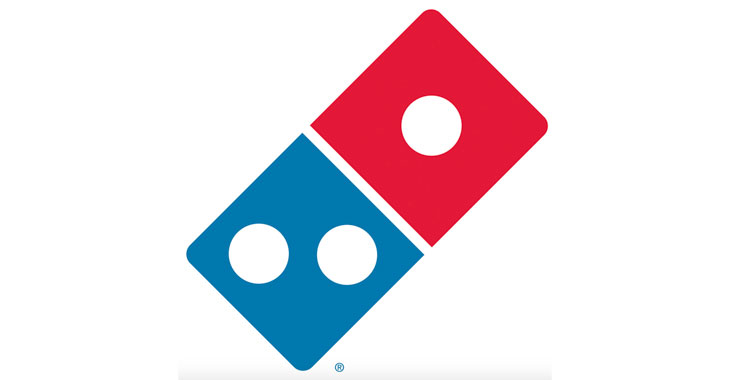
CATrends: Terms That Prevent Consumers from Posting Negative Reviews
Lawsuits take aim at so-called non-disparagement clauses.
In May 2014, a federal judge dismissed a class-action lawsuit against Toys “R” Us because the parties reached a settlement. The complaint, which was originally filed in 2012, alleged that Toys “R” Us offered a “free gift” to consumers who purchased items through its website when, in reality, there was no free gift or the free gift was not of the advertised value. At this time, we do not know the terms of the settlement. Plaintiffs can reopen the action if the settlement is not completed within 60 days. (Probert et al v. Toys “R” Us, Inc., Case No. 12-cv-07237, D. NJ.).
For more information about other class-action lawsuits against Toys “R” Us and TINA.org’s coverage of the company, click here.
Lawsuits take aim at so-called non-disparagement clauses.
The consumer advocacy organization truthinadvertising.org (TINA.org) has published the results of a yearslong investigation into the multilevel marketing (MLM) industry that found widespread use of deceptive income claims to promote…
Why you may find it hard to “do your slice.”
TINA.org investigation finds 98% of MLMs using misleading income claims.
Inquiry finds price comparison uses wireless carrier’s lowest tier plan but not one of its competitors.


